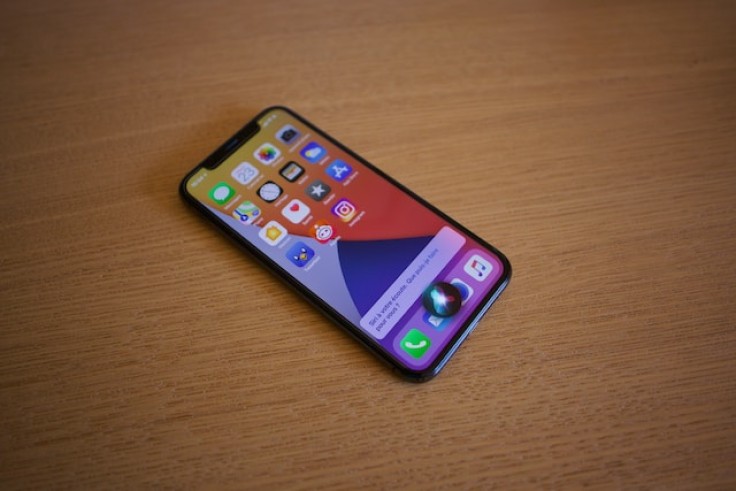
Recent research has brought to light significant concerns regarding the efficacy of popular voice assistants like Google Assistant, Siri, and Alexa in guiding individuals through life-saving cardiopulmonary resuscitation (CPR) procedures.
Published this Monday, the groundbreaking study revealed that only 59% of responses from these voice-activated assistants contained information even remotely related to CPR. More alarmingly, only one-third of the responses offered actual instructions for performing CPR.
Led by Dr. Adam Landman, the Chief Information Officer and Senior Vice President of Digital at Mass General Brigham, the research examined responses to eight specific questions related to CPR. These questions were posed to various voice assistant platforms, including Amazon's Alexa on an Echo Show 5, Apple's Siri on an iPhone, Google's Assistant on a Nest Mini, and Microsoft's Cortana on a Windows 10 laptop. Subsequently, two board-certified emergency medicine physicians scrutinized the transcripts of these interactions to gauge their accuracy and relevance.
Methodology: How the Study Was Conducted
Commenting on the study, Dr. Comilla Sasson, the Vice President for Science and Innovation at the American Heart Association, who was not directly involved in the research, said, "This is a pivotal study. It informs us about potential collaboration between voice assistant manufacturers and health organizations to ensure that life-saving information is accurate and readily available."
The unreliability of voice assistants as a source of medical guidance could have dire consequences. Dr. Landman warns, "Witnesses of a medical emergency should not solely rely on voice assistants for CPR instructions. The first and immediate action must be to call 911 if a cardiac arrest is suspected."
Education remains at the core of an effective first-aid response. Dr. Sasson encourages everyone to spend a brief amount of time-just 90 seconds-to familiarize themselves with CPR and the use of an automated external defibrillator (AED). She points out that approximately 960 people in the United States suffer from cardiac arrest each day, stressing the need for widespread public awareness. "Chances are, the life you end up saving with this knowledge will be that of someone you know or love," she added.
A Glimpse into the Future: Opportunities for Technological Enhancements
Despite the current shortcomings of voice assistants, Dr. Landman sees a bright future. He suggests a multi-faceted approach for improvement, starting with the standardization of specific phrases to ensure the retrieval of quick and accurate CPR information. Furthermore, Dr. Landman highlighted the potential for technological innovations, such as rhythm guidance for chest compressions.
The beat of "Staying Alive" by the Bee Gees has been shown to be an effective guide for maintaining the proper rhythm, something voice assistants could easily play to assist rescuers in real-time.
"Imagine a scenario where your voice assistant could play the right beat for CPR chest compressions," Dr. Landman envisioned. "This could dramatically increase the effectiveness of bystander CPR efforts."
Nevertheless, until such advancements are realized, both physicians strongly emphasize that calling 911 should always be the immediate action taken in the event of a suspected cardiac arrest, underscoring the current limitations of technology in such critical, life-and-death situations.
The findings serve not only as a critical alert for the general public but also as a call to action for tech companies. Collaboration with medical organizations to refine and improve the AI algorithms powering voice assistants could be an invaluable step toward making these devices genuinely beneficial in emergency situations.
Related Article : Lazy Parents Turn to Siri and Alexa to Potty Train Their Kids